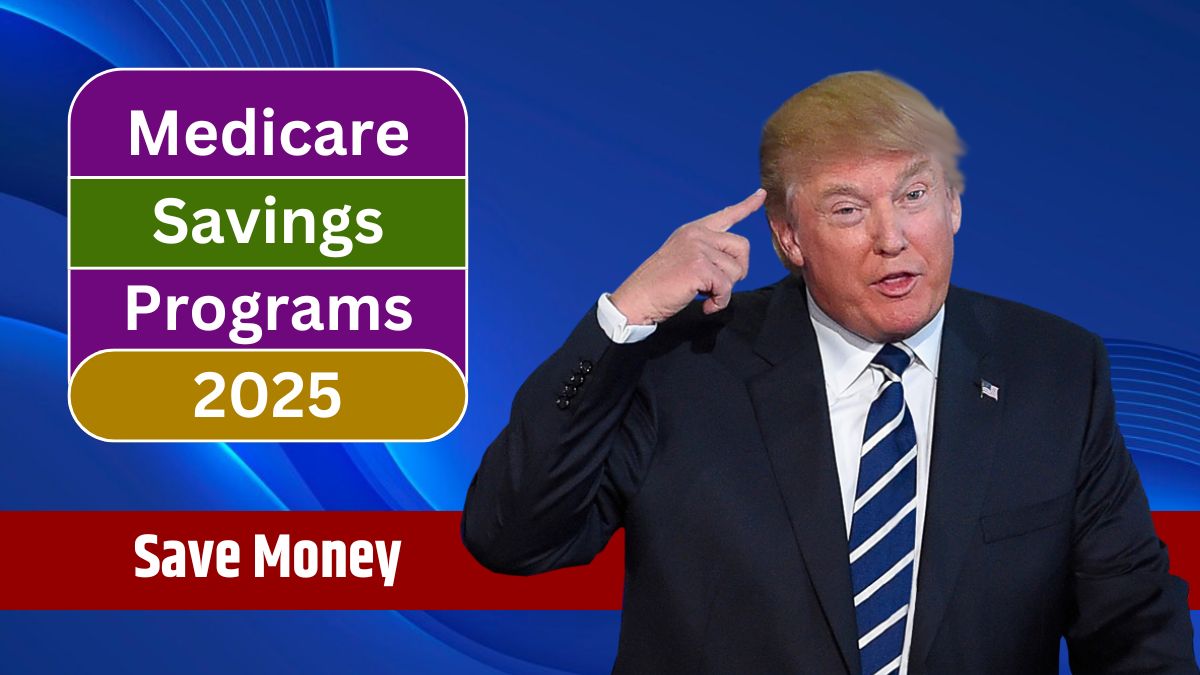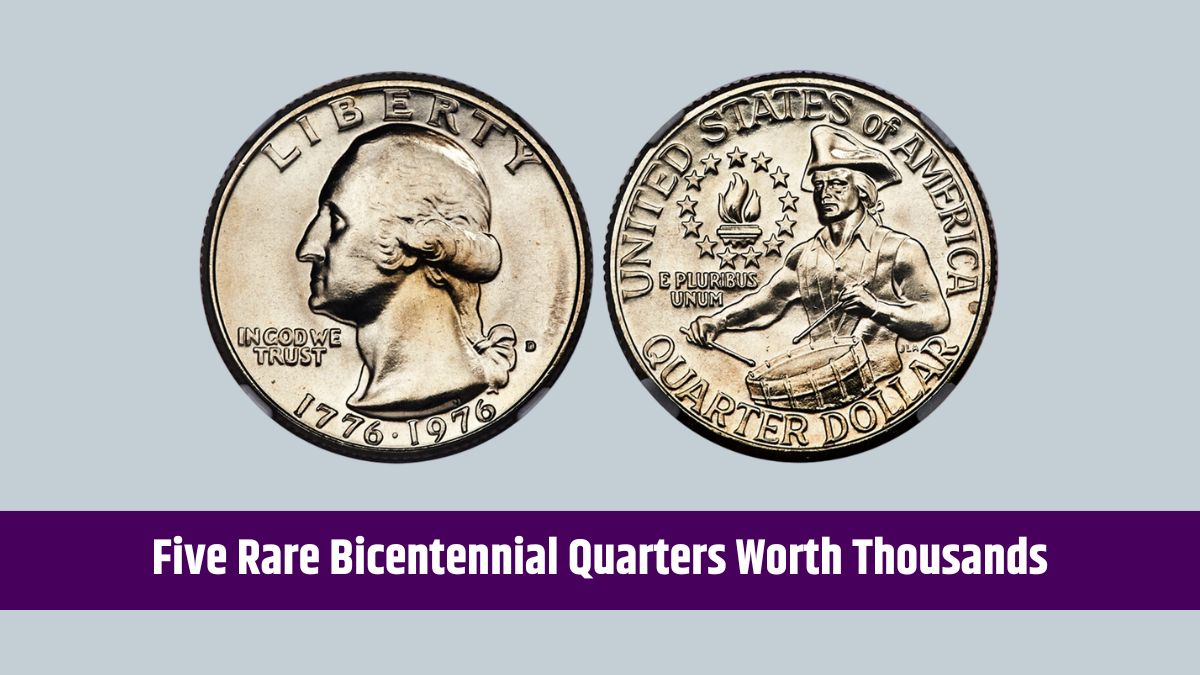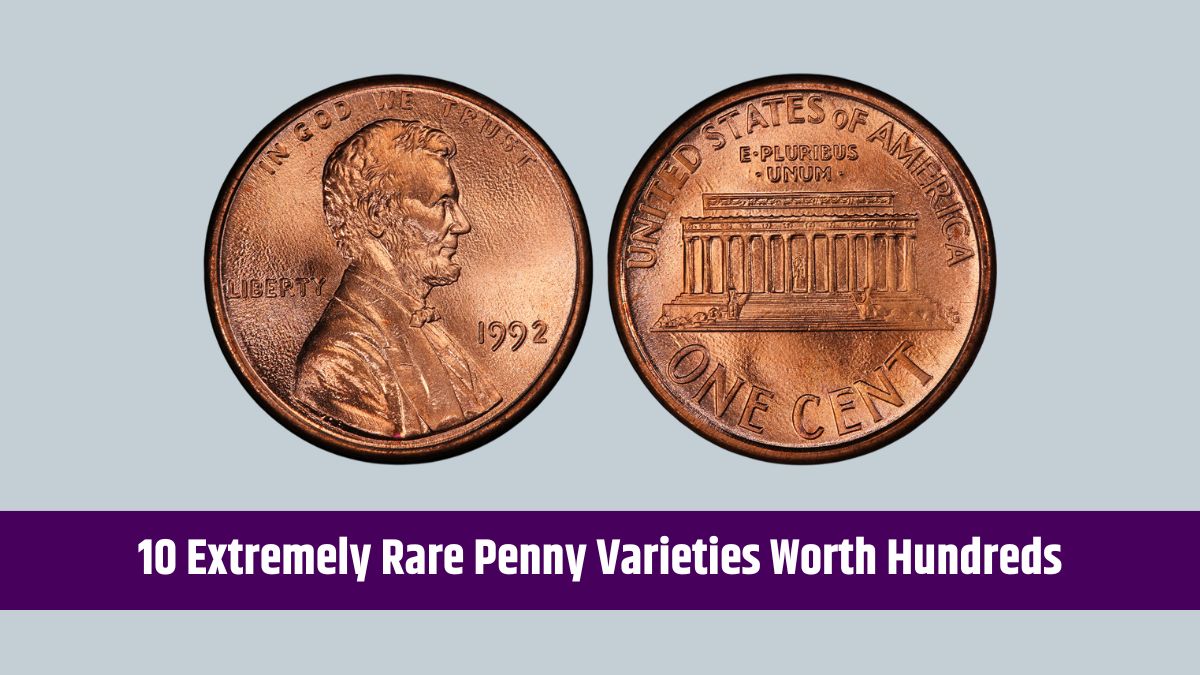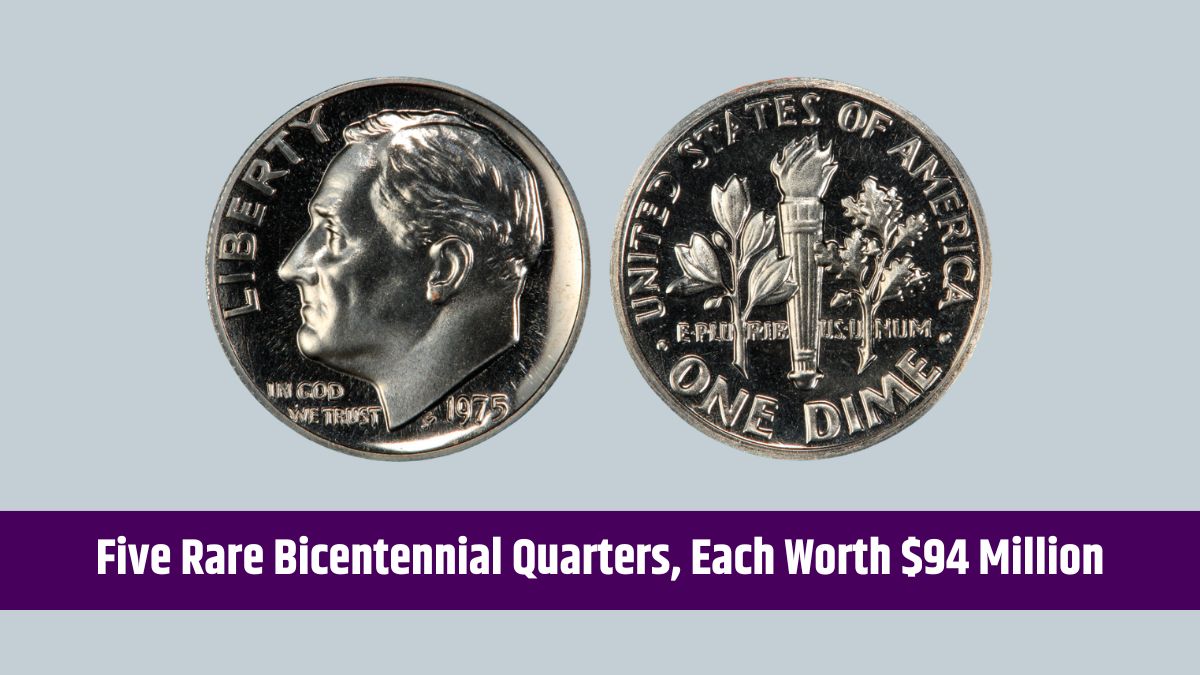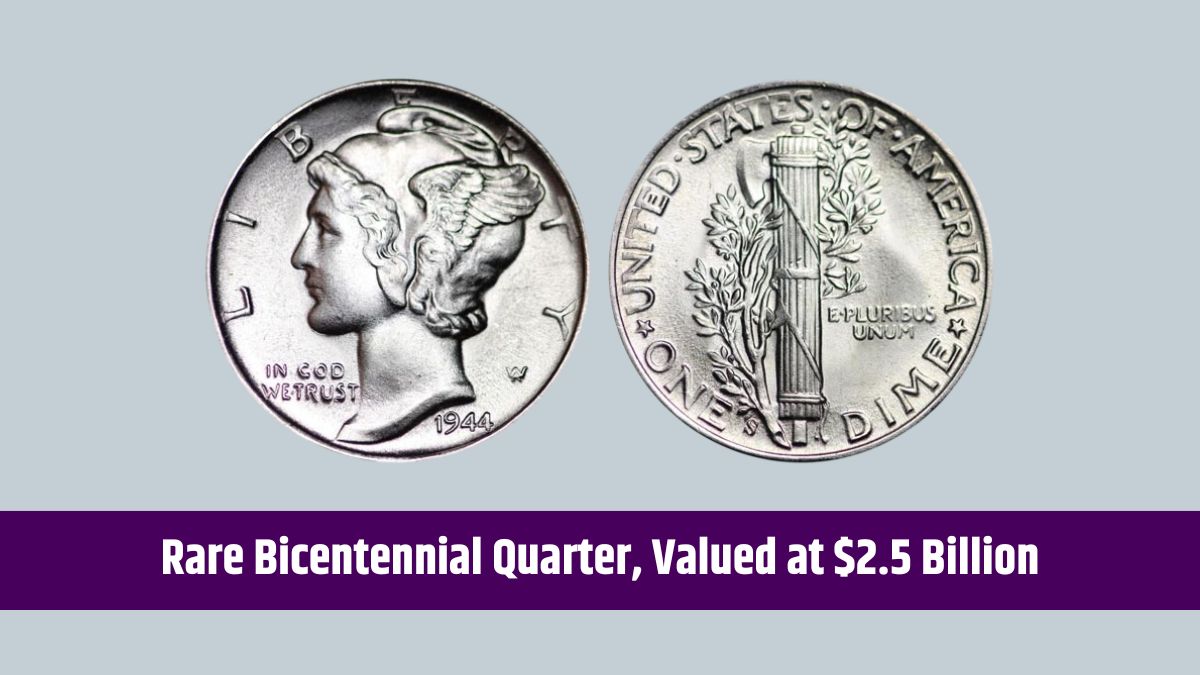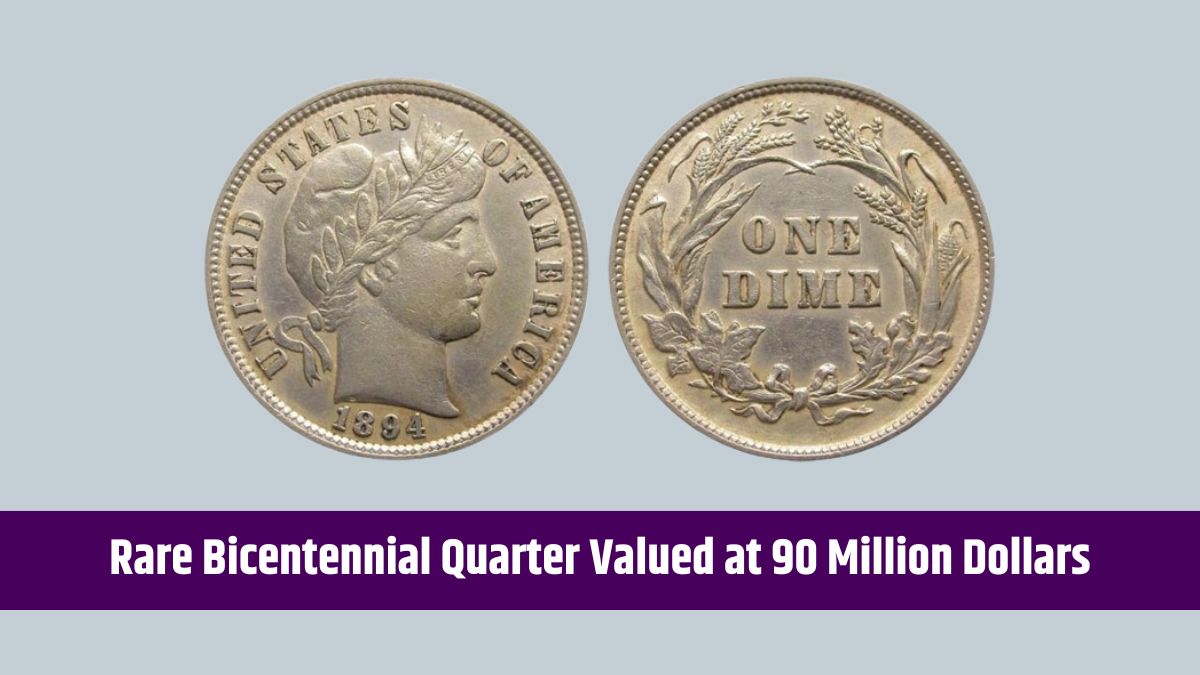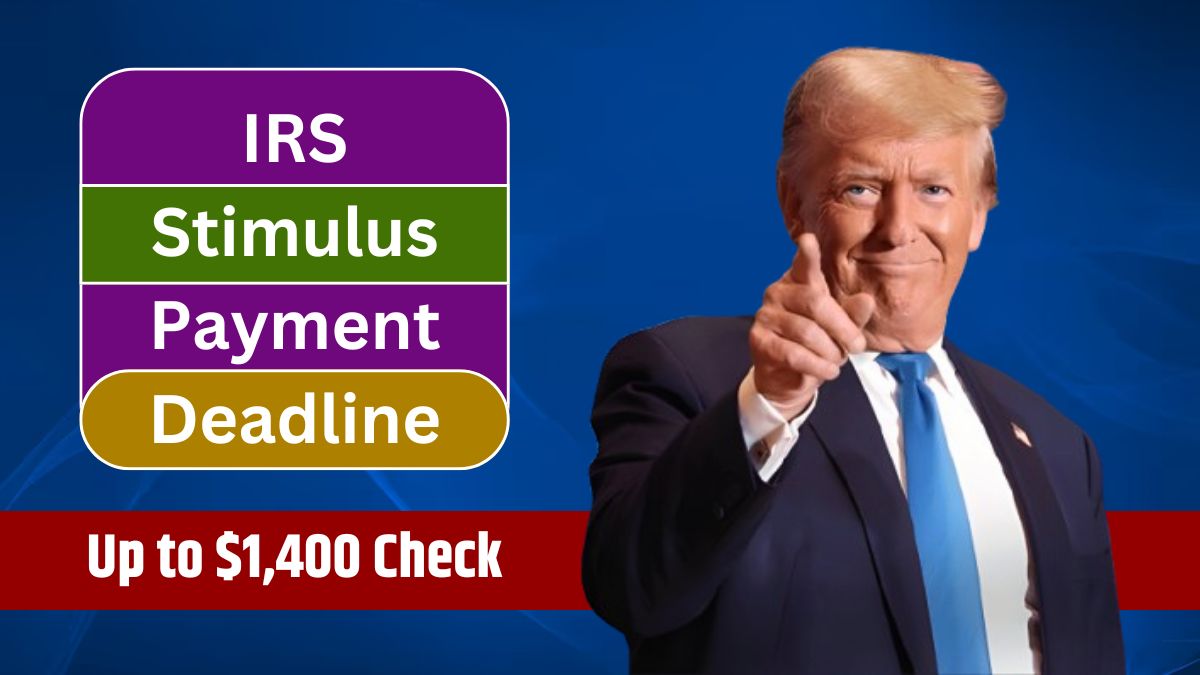Healthcare expenses can be overwhelming, especially for those living on a fixed income. Fortunately, Medicare Savings Programs (MSPs) help lower-income individuals by covering Medicare-related costs such as premiums, deductibles, and copayments.
These programs, also known as Medicare Buy-In Programs or Medicare Premium Payment Programs, provide significant relief for eligible beneficiaries, making healthcare more affordable and accessible.
Programs
There are four main Medicare Savings Programs, each with different benefits:
QMB Program
- Covers Medicare Part A and Part B premiums.
- Eliminates deductibles, coinsurance, and copayments for Medicare-approved services.
- If enrolled, you should not be billed for Medicare-covered care.
SLMB Program
- Pays for Medicare Part B premiums.
- Helps reduce monthly Medicare expenses.
QI Program
- Also helps cover Medicare Part B premiums.
- Enrollment is first-come, first-served, with priority for those already enrolled.
QDWI Program
- Pays for Medicare Part A premiums.
- Designed for people under 65 who lost premium-free Part A due to returning to work.
If you qualify for any of these programs, you also get automatic enrollment in Extra Help, a program that lowers prescription drug costs.
Eligibility
To qualify for an MSP, you must:
- Be enrolled in Medicare Part A.
- Meet your state’s income and resource limits.
Each state sets its own eligibility rules, meaning some may have higher income or asset limits than the federal guidelines. Even if you think you don’t qualify, it’s worth applying because your state may have different criteria.
Limits
| Program | Individual Monthly Income | Married Couple Monthly Income | Individual Resource Limit | Married Couple Resource Limit |
|---|---|---|---|---|
| QMB | $1,325 | $1,783 | $9,660 | $14,470 |
| SLMB | $1,585 | $2,135 | $9,660 | $14,470 |
| QI | $1,781 | $2,400 | $9,660 | $14,470 |
| QDWI | $5,302 | $7,135 | $4,000 | $6,000 |
- Income limits are higher in Alaska and Hawaii.
- Some states do not count assets when determining eligibility.
- Income includes wages, Social Security benefits, and pensions.
- Resources include bank accounts and investments, but some assets (like your home and car) may not count.
If you exceed the federal limits, you should still apply because your state might have different rules.
Application
You must apply for MSPs through your state’s Medicaid office. Here’s how:
- Contact your state Medicaid agency.
- Complete an application (online, by mail, or in person).
- Submit required documents, such as proof of income and assets.
Even if you’re unsure whether you qualify, applying is worth it since state-specific rules may be more flexible than federal guidelines.
Benefits
Enrolling in an MSP can provide significant financial relief:
- Lower or eliminate Medicare Part A & B premiums.
- Reduce or remove deductibles and copayments.
- Automatic Extra Help enrollment, reducing prescription drug costs.
These benefits allow better access to healthcare services without the burden of high out-of-pocket costs.
Get Assistance
If Medicare expenses are making healthcare unaffordable, a Medicare Savings Program could be the solution.
For more information and to apply:
- Visit Medicare.gov
- Call 1-800-MEDICARE (1-800-633-4227)
- Contact your state Medicaid office
Don’t wait—apply today and start saving on your healthcare costs!
FAQs
What do Medicare Savings Programs cover?
They help pay for Medicare premiums, deductibles, and copayments.
Who qualifies for a Medicare Savings Program?
Eligibility depends on income, assets, and Medicare Part A enrollment.
How do I apply for a Medicare Savings Program?
Apply through your state’s Medicaid office online, by mail, or in person.
Do Medicare Savings Programs include prescription drug help?
Yes, enrollees automatically qualify for Extra Help with Part D costs.
Can I qualify if my income is slightly above the limits?
Yes, state-specific rules may allow eligibility beyond federal limits.
